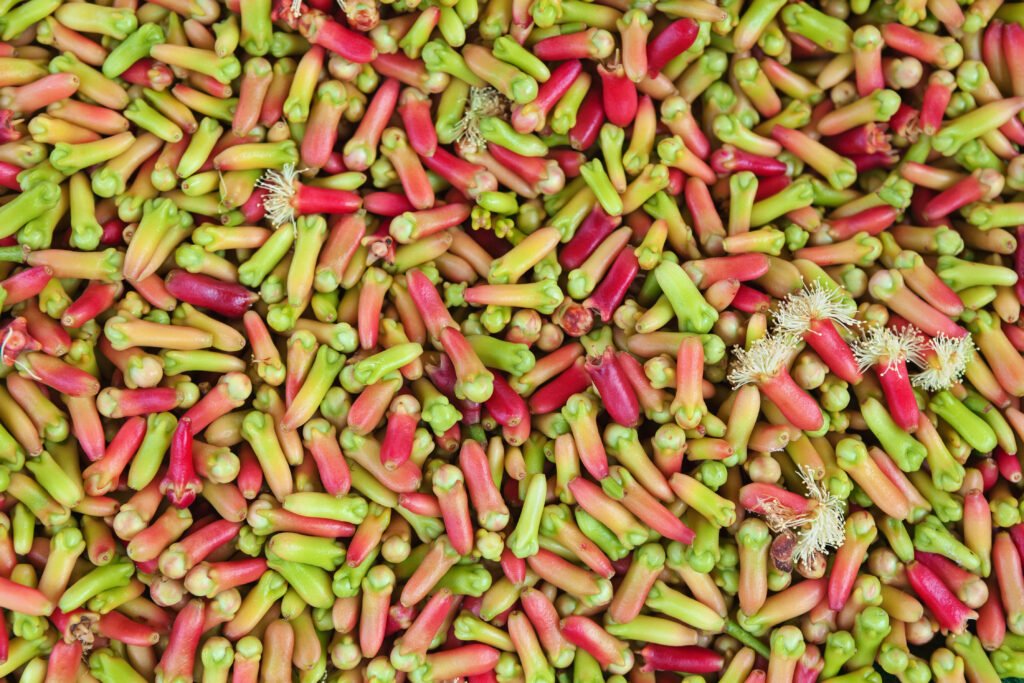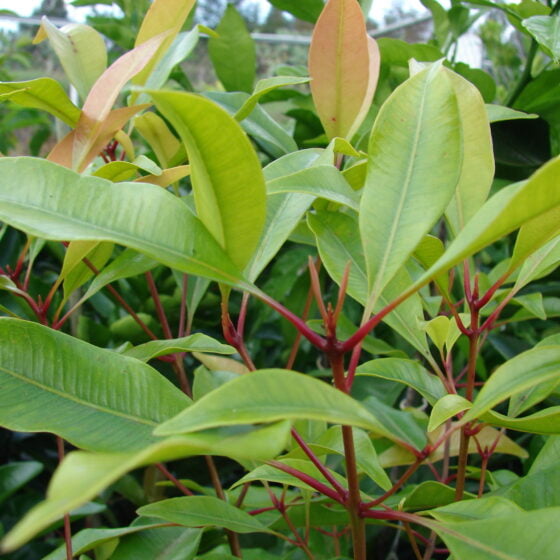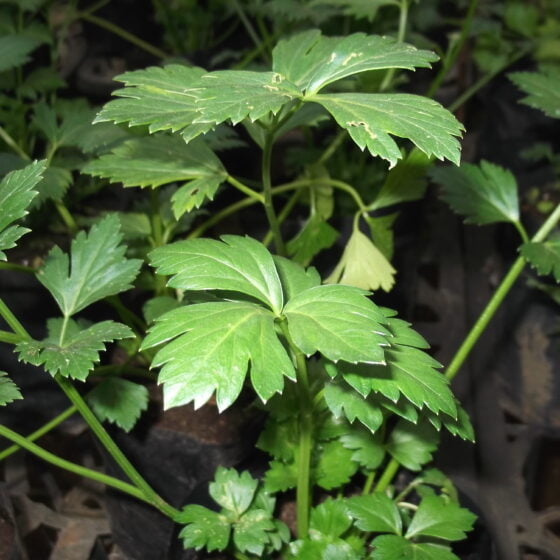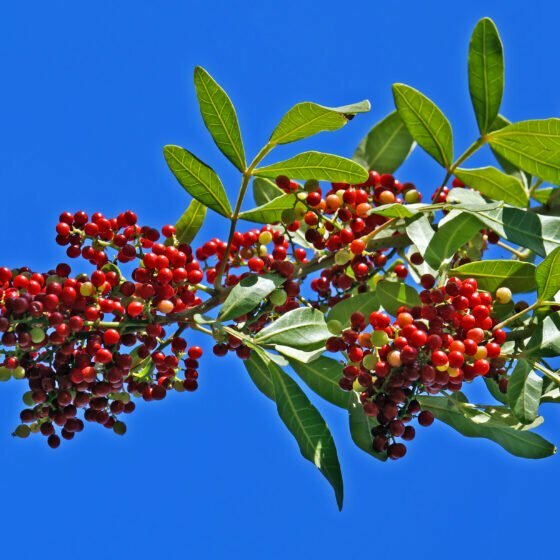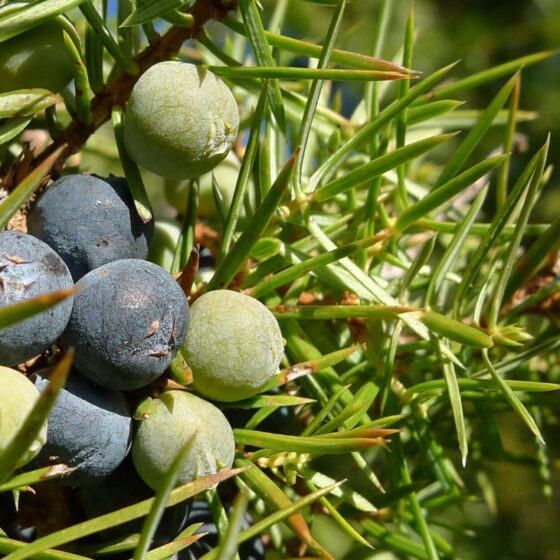
Clove buds Indonesia
Eugenia caryophyllata
General data
Harvest Calendar
- J
- F
- M
- A
- M
- J
- J
- A
- S
- O
- N
- D
Product details Fragrance side
Often at the heart of spicy notes for its eugenol and leathery notes, clove is also used in carnation reconstitutions to bring a touch of naturalness to the accord. It is often found at the heart of the flavours of toothpaste or dental products.
Well-being side
Powerful broad-spectrum anti-infective, carminative, dental anesthetic. It gives life force to any necessary change, helps letting go.
*The aromatherapy properties in this document are excerpted from reference books, scientific articles, or specialized websites and are provided to customer for its information and internal use only. Claims on a finished product remain the responsibility of the company making the finished product available on the market. About
The clove is the flower bud of the tropical clove tree. Originally from Indonesia’s Maluku Islands, the clove tree is a small tree reaching 15 meters in height with aromatic evergreen foliage, the raw material used to extract an essential oil: clove leaf essential oil. It belongs to the Myrtaceae family of aromatic trees, alongside the gigantic eucalyptus trees, the inseparable melaleucas – tea tree, cajeput, niaouli –, and myrtle. Bud harvesting is performed manually on trees at least five years old. Local pickers climb the trees to collect the precious budding flowers. Several harvest rounds are needed, as the flowers do not develop homogeneously. The buds are dried prior to being distilled, resulting in an essential oil with a spicy, pungent fragrance with woody, fruity, and dry facets.
It appears that clove was first used in 1700 B.C. Clove bud remains are said to have been found during excavations in Syria. Its use is mentioned in Ayurvedic medicine books dating back to 1500 B.C. In the court of the Han Dynasty in China, in 220-206 B.C., court subjects regularly chewed cloves before speaking to the emperor. Imported into Europe by the Arabs, clove became a popular spice and trade significantly increased. The invasion of the Maluku Islands by the Portuguese (1524) and then the Dutch (1605) led to a monopoly lasting more than 200 years. It was broken by French missionary Pierre Poivre, who stealthily introduced clove trees and nutmeg trees to France’s tropical island territories.
Fragrance side
Often at the heart of spicy notes for its eugenol and leathery notes, clove is also used in carnation reconstitutions to bring a touch of naturalness to the accord. It is often found at the heart of the flavours of toothpaste or dental products.
Well-being side
Powerful broad-spectrum anti-infective, carminative, dental anesthetic. It gives life force to any necessary change, helps letting go.
About
The clove is the flower bud of the tropical clove tree. Originally from Indonesia’s Maluku Islands, the clove tree is a small tree reaching 15 meters in height with aromatic evergreen foliage, the raw material used to extract an essential oil: clove leaf essential oil. It belongs to the Myrtaceae family of aromatic trees, alongside the gigantic eucalyptus trees, the inseparable melaleucas – tea tree, cajeput, niaouli –, and myrtle. Bud harvesting is performed manually on trees at least five years old. Local pickers climb the trees to collect the precious budding flowers. Several harvest rounds are needed, as the flowers do not develop homogeneously. The buds are dried prior to being distilled, resulting in an essential oil with a spicy, pungent fragrance with woody, fruity, and dry facets.
It appears that clove was first used in 1700 B.C. Clove bud remains are said to have been found during excavations in Syria. Its use is mentioned in Ayurvedic medicine books dating back to 1500 B.C. In the court of the Han Dynasty in China, in 220-206 B.C., court subjects regularly chewed cloves before speaking to the emperor. Imported into Europe by the Arabs, clove became a popular spice and trade significantly increased. The invasion of the Maluku Islands by the Portuguese (1524) and then the Dutch (1605) led to a monopoly lasting more than 200 years. It was broken by French missionary Pierre Poivre, who stealthily introduced clove trees and nutmeg trees to France’s tropical island territories.
Other type of extracts
(Spicy)
